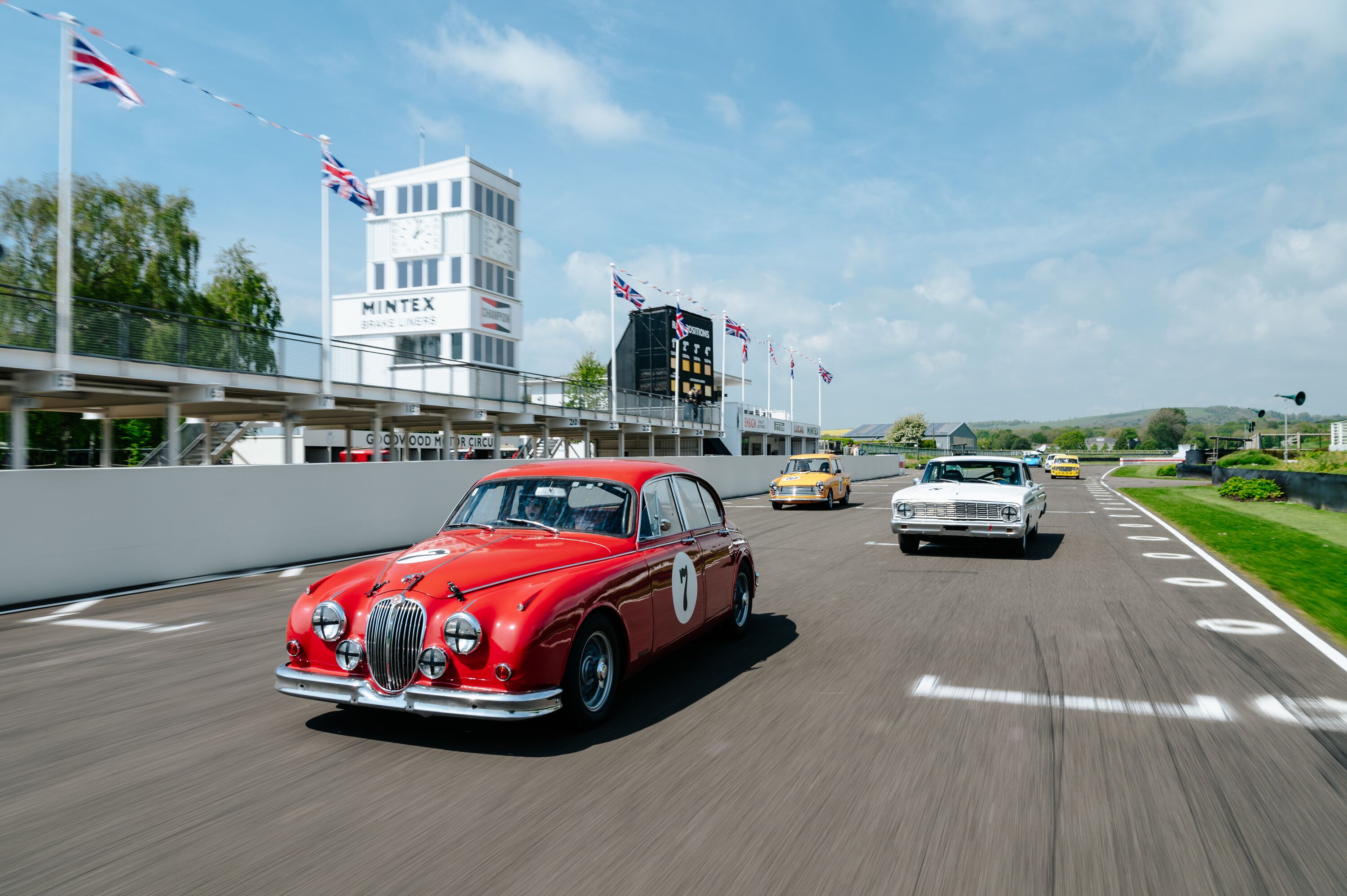John Simister: Would you pay £70,000 for a Sunbeam Rapier?
 John Simister
John Simister
My award for most optimistic asking price of the week goes to a convertible version of a style-heavy coupé with a decent competition record. I used to have an example of the coupé, for which I paid £40 in 1972. This convertible is on offer for £70,000.

It is, admittedly, pristine. Its mileage isn't stated in the advertisement, but a shot of the walnut-veneered dashboard shows the speedometer needle obscuring a five-digit odometer reading beginning with a '1'. It is said to be a factory special order in a colour scheme not normal for this particular model, although used elsewhere in the manufacturer's range. During its life, with only two owners since its birth in 1963, it has mostly been kept in a heated garage and not allowed on wet roads. It is hard to imagine a better example.
Of what? An E-type? A Porsche 356? An Alfa Romeo Giulietta? No, it's a Sunbeam Rapier, with a 1592cc, 75bhp, aluminium-head engine fed by a pair of Zenith carburettors, and overdrive on the top two ratios of its four-speed gearbox. When you think that £70,000 would buy you a very nice Sunbeam Tiger, if something really desirable from the Rootes Group was your quest (and why shouldn't it be? The Group's cars are woefully under-appreciated), then to pay that amount for what is really a Hillman Minx fed stimulants and dressed in a smart frock does seem a bit of a stretch.
That's not to decry the Rapier as a car. It's a very appealing machine, and plenty of other high-value cars have humbler siblings sharing the same sheet metal: Mini-Coopers, Escort Twin Cams, Lotus-Cortinas, the list is a long one. But what makes this one special is, it seems, its unsullied originality and the total absence of the rust that tended to ravage these cars, as I remember vividly from my example.
Originality and provenance have become more prized than ever before, a top score here now creating a big space between the best cars and the second tier of cars which are merely concours. This is the basis on which this Rapier is priced, and its sale success or otherwise will be a very interesting test of the market. What seems to be a ludicrous price-tag may turn out not to be, and up will ratchet prices for similar timewarps another notch.
So, having paid your £70,000 for a model more often available, in smart condition, for a fifth of that figure or less, would you dare drive it? And what would be in store for you if you did?
My £40 Rapier, a 1961 car but identical in Series IIIA specification (roof and colour scheme apart) to this maroon convertible, seized upon a long hill after a failed water-pump seal allowed all the water to escape. I was very aware of the steam and the smell, but I thought I could just about struggle home. I was driving back from a trip to a firm in High Wycombe which supplied fibreglass body panels, so there were two sills sitting next to me.
Nowadays, fibreglass sills would earn an instant MOT failure and rightly so, but things were more lenient back then and most of my Rapier's inner sill structure, and all its floor, were intact enough to satisfy the MOT man. There was never any problem with the opening and shutting of the long, heavy, frameless doors out of and into a bodyshell rather stylishly lacking a central pillar, so the structure must still have been pretty stiff. With the side windows wound down, there was an unobstructed space between waistline and roof, which gave a wonderful sense of airy freedom. The convertible version would be even better.
Sills, a bit of bubbling on the boot lid and a small amount of rear wheel arch trouble apart, my Rapier wasn't actually all that rusty. Many were far worse. I managed to get a replacement engine from the local scrappy, and fitted with that and my new composite sills my Rapier was ready to fence once more. For a 17-year-old owner, it was a deeply stylish machine: oh, those fins! All that rally pedigree, too.
One driver who had a fair amount of rallying success in works Rapiers was Peter Harper, who wrote a good book about his experiences which, sadly, I can't locate. I do remember one story, though, about the time the throttle linkage broke. A system was devised whereby the co-driver, crouching in the passenger footwell, would operate the throttle by moving a carburettor lever directly, having managed to squeeze his arm through an access hole in the bulkhead. Harper would issue instructions as to the required throttle opening.
They were barrelling along a straight, throttles wide open. A bend approached: 'Throttle off!' instructed Harper. No change. 'Throttle off, I said!' Still, the Rapier hurtled on as Harper steered into the corner. 'Now we'll see how bloody good you are,' said his co-driver. And he was.
A friend who runs a car restoration business had a Rapier in the other week for a repair to its tail, following a knock during a race. It's a car which has raced in the St Mary's Trophy, its engine mounted low in the body and fed by a pair of Weber 40DCOEs. It reportedly goes very well indeed, and I'd have loved to have a go in it. I expect its chassis dynamics are a lot more precise than those of my Rapier ever were.
Meanwhile, the lovely maroon convertible, its body showing all its correct curves when so many lesser Rapiers now have corrupted shapes to their poorly-repaired rear arches, awaits its new owner. And if that owner pays £70,000, a small piece of history will be made.
John simister
sunbeam















